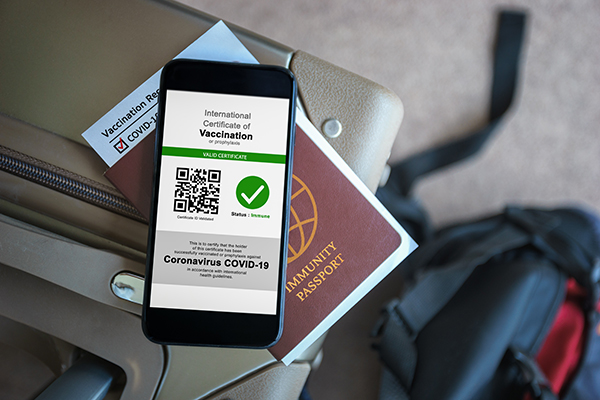
Are pharmaceuticals making you sick? Research shows that popular over-the-counter medications can deplete your body of magnesium, leading to a dangerous deficiency and potentially, disease. Even the FDA has been forced to admit that proton pump inhibitors -- popular drugs used to treat excess stomach acid -- are a threat to human health, especially when used for long periods of time.
Taking proton pump inhibitors, or PPIs, regularly can lead to magnesium deficiency, and ultimately, any number of diseases related to low magnesium levels. PPIs are not the only drugs that can negatively effect nutritional status; there are many popular drugs which can rob your body of essential nutrients like calcium and B vitamins. This information, of course, is almost never shared with patients. And where there be nutrient deficiency, there be poor health.
No wonder so many Americans are on multiple prescription drugs.
Common OTC drug causes nutrient deficiency
PPIs are readily available as an over-the-counter (OTC) option for people looking to treat acid reflux or gastroesophageal reflux disease (GERD). As Healthline explains, PPIs work by preventing or decreasing the amount of acid your stomach produces. This is supposed to help prevent heartburn and give your body time to heal.
While mainstream medicine regards PPIs as "safe," the FDA issued a public safety announcement in 2011 after PPI use was linked to magnesium deficiency -- which can cause devastating health effects. These include irregular heartbeat, convulsions, muscle spasms, and other long-term consequences. The only way to resolve PPI-related magnesium deficiency is to halt the medication.
As sources note, the FDA claims that PPIs are safe as long as they're taken "as directed." But as Healthline reports, over-the-counter PPIs are only intended to be taken for two weeks, and come in lower doses than prescription.
Twenty percent of adults surveyed admit to not following the instructions on OTC drug labels. "Safe" is a relative term.
The magnesium deficiency caused by PPIs can be life-threatening, but most people may never know they're deficient. With all things, there are different levels of deficiency. A lifetime of low magnesium can cause many health problems that are never directly attributed to nutritional status.
As Dr. Mark Sircus explains, magnesium deficiency is a worldwide problem. Even moderate increases in magnesium intake can greatly reduce the risk of heart attacks and strokes in vulnerable populations. Studies have also shown that low magnesium intake can have negative effects on mental health, hormone function and blood sugar levels.
Pharmaceuticals deplete your body
Magnesium is not the only nutrient PPIs can rob you of. As Harvard Health Letter reports, PPIs can also interfere with your body's ability to absorb vitamin B12. B12 is necessary for maintaining healthy nerve cells and producing red blood cells, RNA and DNA. It also helps the body convert sugar into energy, use iron better and much more. PPIs can also cause low calcium levels. Calcium is essential for bone health and plays many important roles in the body, too.
PPIs are not the only medication that can deplete your body of vital nutrients. Corticosteriods can also cause deficiencies in magnesium, calcium and B12.
The popular diabetes drug metformin is linked to low levels of folate (another B vitamin) and B12. Statins also interfere with the production of the enzyme CoQ10, which is key for healthy cells.
Many common medications can deplete your body of vital nutrients. This, in turn, can lead to an array of symptoms -- but in many cases, the effects and sources of nutrient deficiency are never linked to their actual cause. Pharmaceuticals can cause "drug-induced nutrient depletion" through a variety of mechanisms, but deficiencies can go unnoticed for long periods of time. And unfortunately, modern medicine seems to have thrown good nutrition out the window.
Learn more about drug side effects and more at Medicine.news.
Sources for this article include:
Please contact us for more information.



















